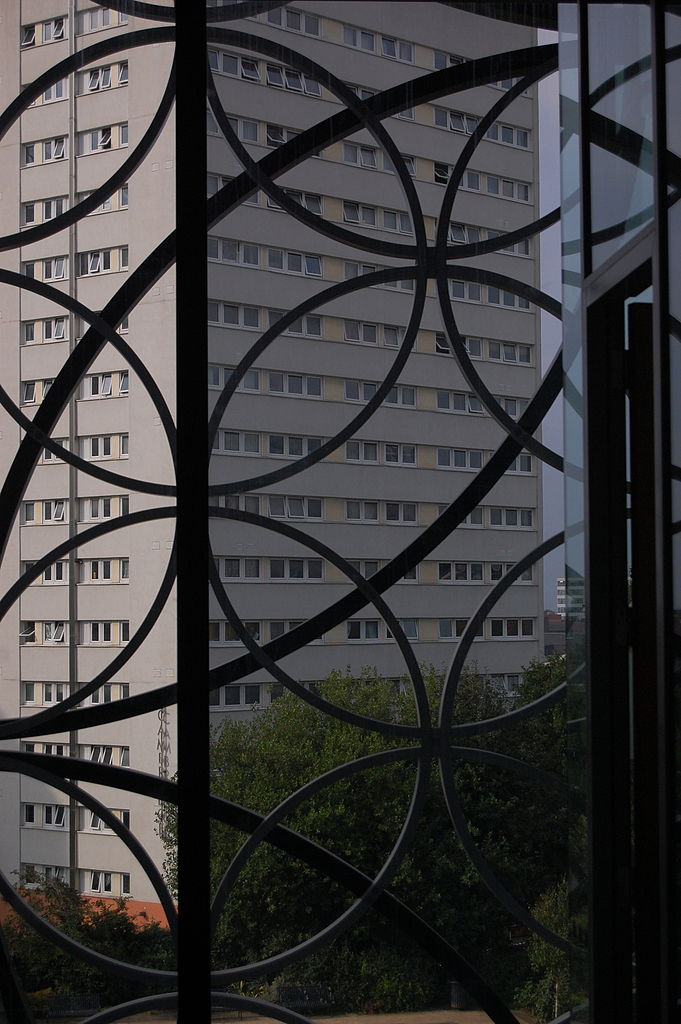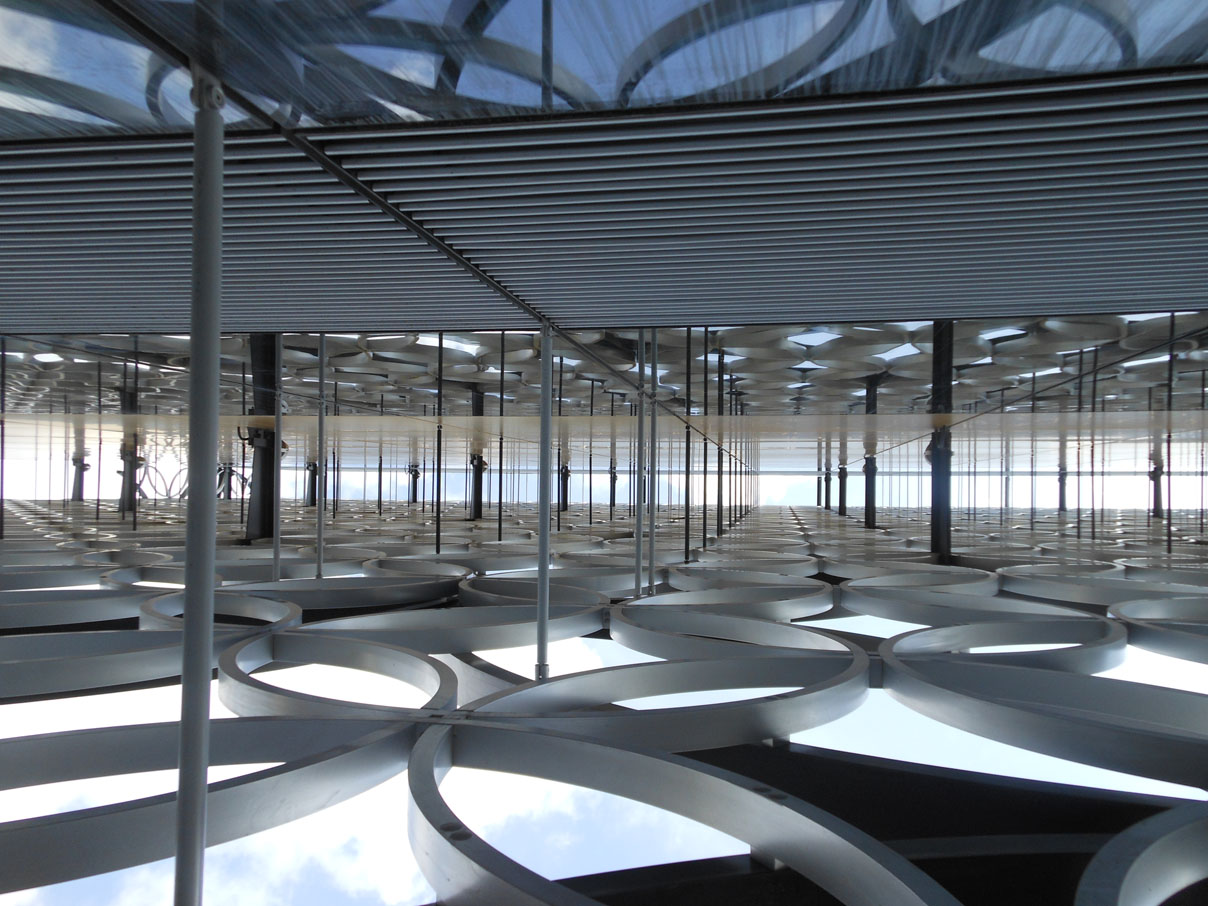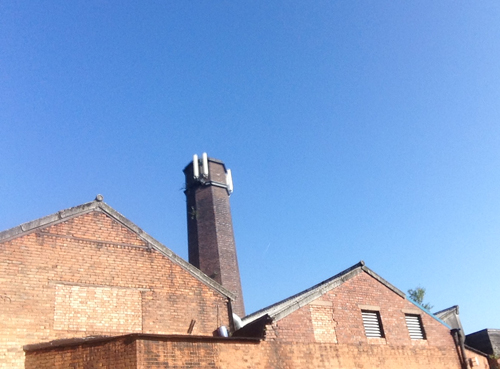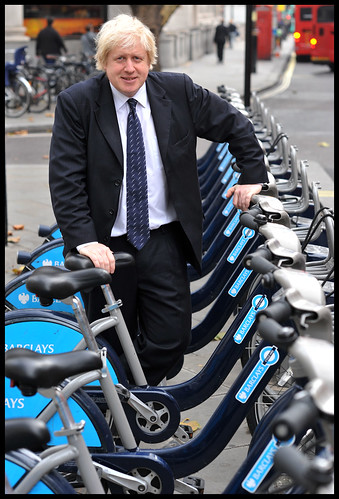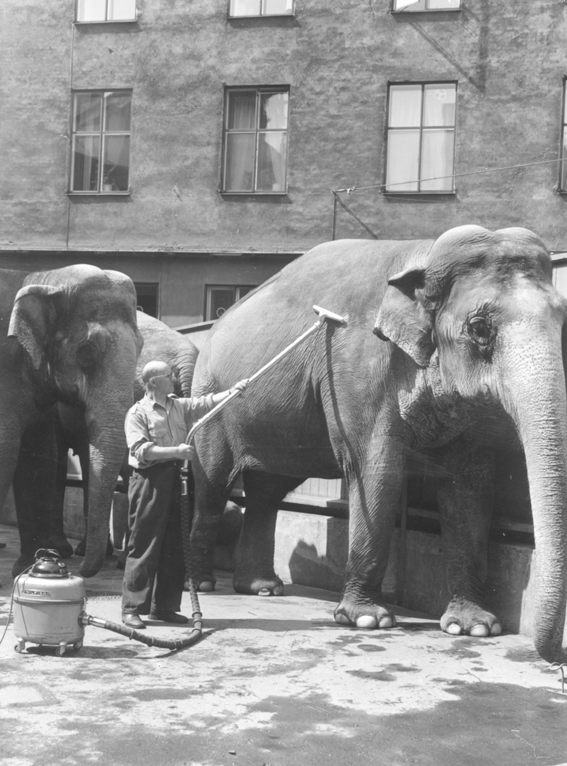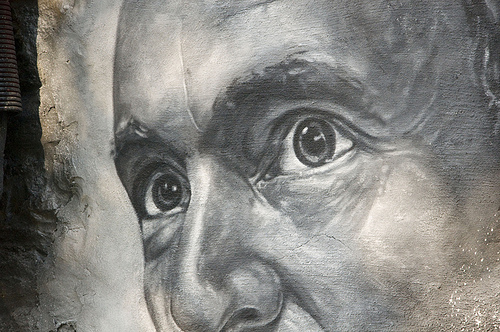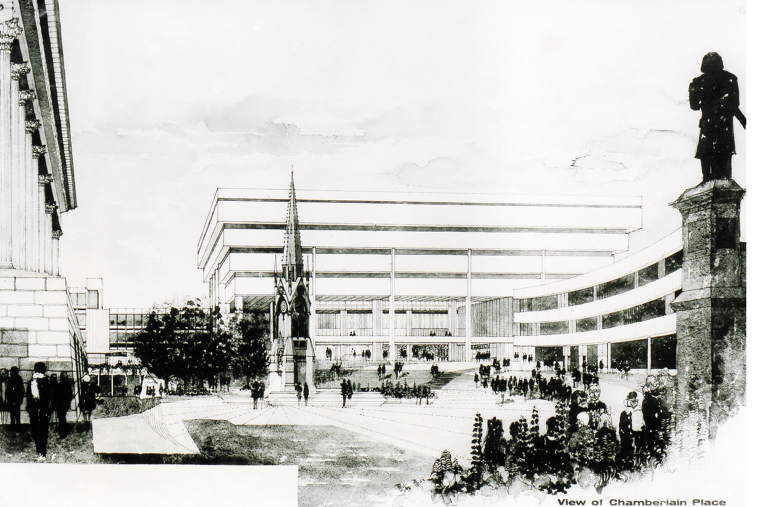Howard Wilkinson reports on the mystery of the summer of 1983. The summer we’ll never hear about because Anna couldn’t step up to the plate.
We are always open to receiving work from new contributors, so we were very excited when Anna Weston wrote to us:
I am just emailing you with regards to an opportunity, and I was wondering whether you would accept a very high quality guest article on your website?
We sure would, Anna!
This would be written specifically for your website, and will therefore be very in line with your site.
Well that sounds OK, but tautological. We can work with you on style if you like, Anna.
You may even request a specific topic if you would like
Er, no we’d prefer you to come to us with something. We want you to actually have some interest in what we do.
that relates to my client within the travel industry.
Well this sounds odd, but we do have an idea for you Anna.
Hi Anna,
Great to hear from you, we’re all well thanks.
As you’ll know from your research, the website is an ongoing love letter to a battered city – we write, film, photograph, draw, make and record things about Birmingham. So it’s sort of heritage, culture, psychogeography, identity and the brummie race memory. With a few jokes.
We’d love something that talks about Brummies abroad, it would be really great to put together an article about brummies going to the seaside (whether in the UK or abroad). Perhaps something about popular package holidays from the 1980s or about brummies going to Butlins or Pontins? It needs to be a story set in the 80s really. The 70s at a push – that’s what our readers really love to hear about.
Can you give us 3,000 words on “A Brummie Postcard from 1983” – for Monday please (hope that suits your deadline). We might be able to get you some contributors to interview if you need them, some real brummies who really went on a holiday in 1983. They’ll probably have photos and stuff that they can use, we think that’ll work well don’t you?
Really glad we can help you out on this one, it’ll be great to work with you.
Cheers
Howard.
We’re buzzing about this now.
Hello Howard,
Thank you for your reply. You’re suggestion sounds interesting, however, it is not something we can provide for you unfortunately. Our articles’ are usually around 400 words, also the theme needs to be more modern. If you’d be interested to have a smaller article about Brummies abroad with some background information, I’m sure that could be doable (though not necessary for Monday as I’m still waiting to receive anchor details from my client).
Kind regards,
Anna Weston
Well, that’s a fucking disappointment.
Hi Anna,
Well, this is a bit disappointing. We’d already lined up a few people for you to talk to with some great memories: Danny has a story about Weston in 1983 that’s, well, it’s hilarious, and also young Midge has a great story about eating a paella in Marbella (can you think of anyone else who’d had one before 1983? We don’t think you can).
Are you sure you can’t work an angle on this? A then and now might be more modern. I think Midge would go to Marbella again but he’d prefer Puerto Banus.
400 words doesn’t sound like it would fill a page, we’d have to ask the web designers but I don’t think it’s big enough for the space. How about 2,500 words? Work with us here.
Howie x
We really like this change of gear. Sending Midge to Marbella would be great, such a colourful piece! And I bet it’ll be great for Anna’s SEO project.
Hello Howard,
Thank you for your reply, but I don’t think this would go well in our campaign unfortunately. I hope you all the best with finding a suitable writer for the story.
Thank you for your time.
Best wishes,
Anna Weston
I am Jack’s sense of disappointment. What does paella taste like? What happened in Weston in 1983? These are the things we yearn to know. These are the questions that will always go unanswered.
